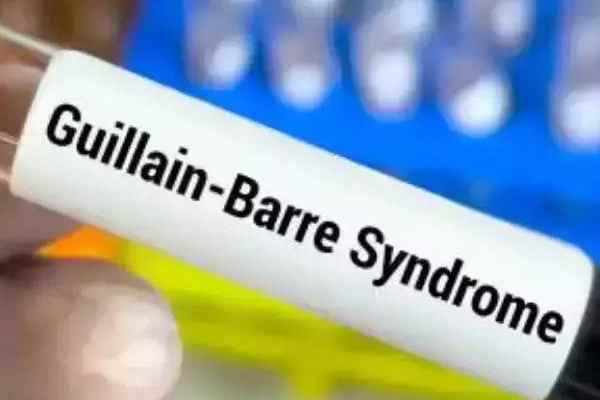Health officials have identified contaminated food and water as the primary causes behind the recent surge in Guillain-Barré Syndrome (GBS) cases. The condition affects the nervous system and has been linked to bacterial and viral infections, particularly in individuals with weakened immune systems. Samples collected from several patients revealed the presence of “Campylobacter jejuni” bacteria, non-polio enteroviruses, and noroviruses, all known to cause diarrhoea and other gastrointestinal issues.
GBS is an autoimmune disorder where the body’s immune system mistakenly attacks its nerve cells. This often occurs after infections, as the antibodies produced to fight the infection sometimes target healthy nerve tissues instead. The “Campylobacter jejuni” bacteria, commonly found in contaminated food and water, is a major trigger. Symptoms of this bacterial infection include stomach pain, fever, vomiting, and diarrhoea, which can lead to complications like GBS in susceptible individuals.
While Maharashtra, particularly Pune, has seen a significant rise in GBS cases due to contaminated water and food, Andhra Pradesh has reported only 17 cases so far. Officials have confirmed that the situation in AP is under control, with cases being reported sporadically, as is typical each year. Recent fatalities in Guntur and Srikakulam districts have raised concerns, but the overall number of cases remains low. Two new cases were reported in Palnadu and Nellore districts, bringing the total to 19 in the state.
In a recent incident, a 63-year-old woman, Renuka, who was being treated for GBS symptoms at a hospital, passed away due to a severe heart attack, not GBS. Hospital authorities clarified that her death was unrelated to the syndrome, emphasizing the importance of accurate diagnosis and treatment.
Health officials urge the public to ensure the consumption of clean, safe drinking water and properly cooked food to prevent infections that could lead to GBS. They also recommend maintaining good hygiene practices and seeking immediate medical attention if symptoms like muscle weakness, numbness, or gastrointestinal issues arise.

































